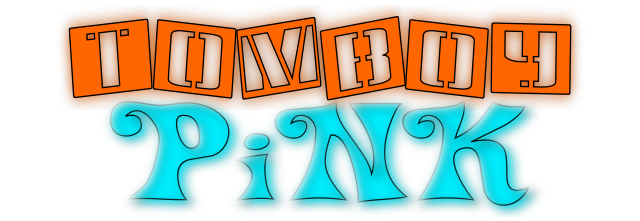

Portuguese Lessons: 1 Português Básica
I live in a country where 'puxe' means 'pull'[1]
And saying 'de nada' means 'nothing at all',[2]
Where sorry's 'not guilty'[3]
And fixe is cool![4]
I've been a little confused as a rule.
Eu moro no Casal da Serra, ra, ra[5]
(I'm not good at rolling, I sound like a frog)
Sou engenheiro e agricultor[6]
Excuse me reverting, my brain's in a fog
But what has me troubled is cão means dog![7]
This land's for surrealists and, I understand,
For poets and dreamers and tending the land.
Eu gosto muito deste país, é verdade[8]
If only the language wasn't so hard
'No' just means 'in' but 'no' is 'não'[9]
I find it confusing, I'm sure you can tell
But I'm learning, aprendia, imperfect, I know[10]
And thanks, 'brigadinha, for telling me so.[11]
Notes:
1. Puxe = pull and is pronounced 'push'
2. De nada = it's nothing
3. Desculpa = Sorry but literally translated is 'not guilty'
4. Fixe = cool and is pronounced 'fish'
5. Ra = frog and 'rr' in Serra is heavily rolled
6. Sou engenheiro e agricultor = I am an engineer and farmer/grower
7. Cão = dog and is pronounced 'cow'
8. Eu gosto muito deste país, é verdade = I very much like this country, it's true. By the way, muito, when pronounced, aquires an invisible 'n', thus 'moint'.
9. Não = no and is pronounced 'now'
10. Aprendia is the indicative imperfect form of the verb aprender, to learn (I was learning)
11. Obrigado = thank you and the ending 'ihna' is a diminutive, paradoxically shortening thank you to thanks. The initial 'o' is often almost swallowed and silent
- by Prajna Pranab, 3 Gemini 13519/24 May 2018